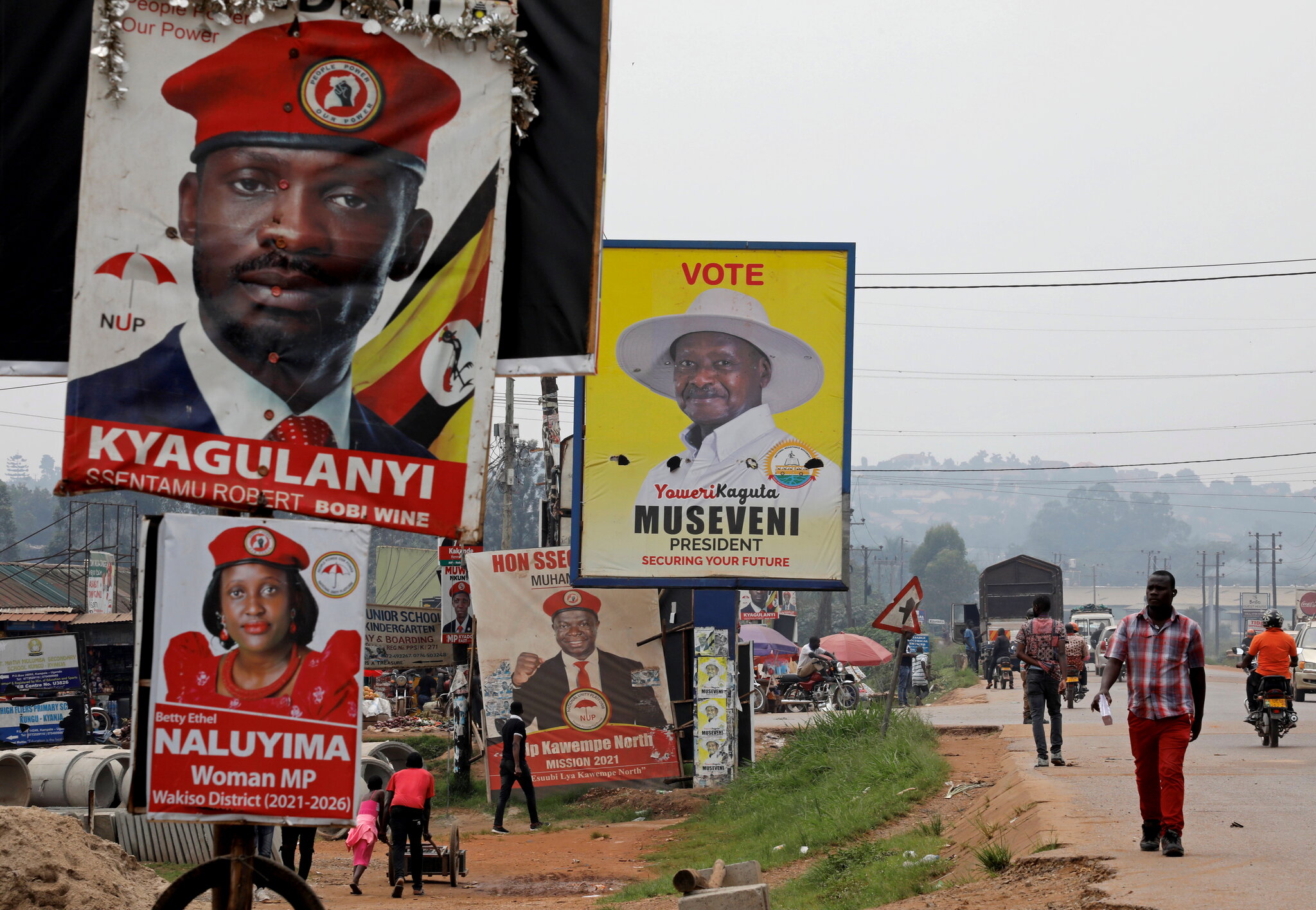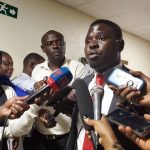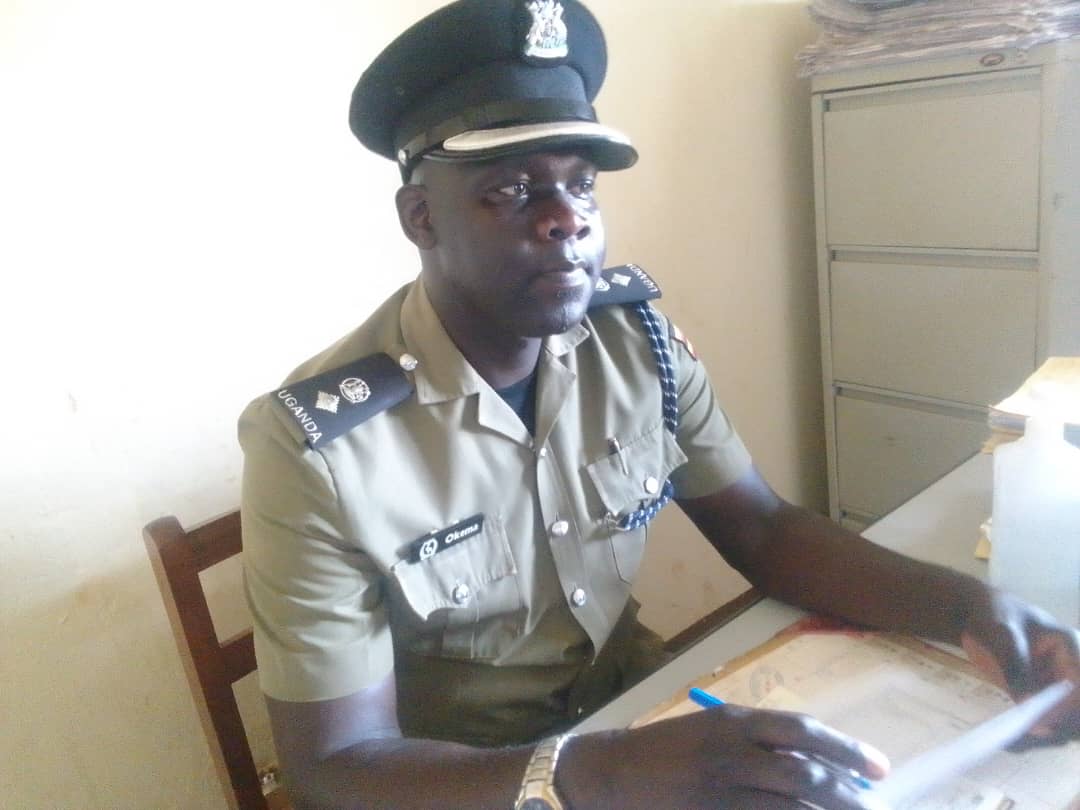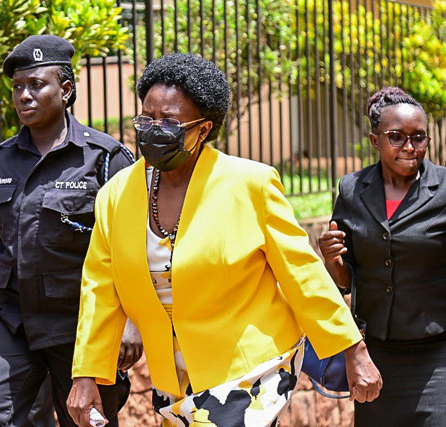Robert Kyagulanyi, the leader of the National Unity Platform (NUP), has criticized the Uganda Human Rights Commission (UHRC) for its handling of cases involving missing NUP supporters. Kyagulanyi expressed his disappointment in Mariam Wangadya, the commission’s chairperson, and questioned her effectiveness in the role.
Recently, UHRC concluded its investigations into 18 missing NUP supporters reported missing between 2020 and 2023. These individuals were among a list of 30 names submitted by the NUP Secretariat for scrutiny. Allegations were made that some were taken away by security forces using drones.
Wangadya stated that despite their efforts, the commission was unable to locate 18 of the 30 missing persons. She explained that the UHRC had contacted various security agencies and visited detention facilities in search of the missing individuals, but their endeavors yielded no results.
Wangadya also pointed out that the NUP had not provided National Identification Numbers (NIN) for the listed individuals, making verification of their identities impossible. She acknowledged the significance of the issue but highlighted challenges faced by the commission, including uncooperative behavior from the known next of kin of the missing persons. Some next of kin refused to cooperate, while others showed a lack of interest in assisting with the investigation.
Consequently, the UHRC decided to close the cases, considering further investigation unfeasible.
In response, Kyagulanyi declared that they would continue to seek accountability and justice for their supporters, both through domestic and international channels.
On Thursday, NUP leaders met with families of the missing individuals, raising awareness about their abductions and continued disappearance over the past three to four years. The event also drew attention to recent abductions and the pleas for justice from family members.
Following the press conference, family members visited the UHRC head office, but Wangadya redirected them to the regional office in Naguru. Undeterred, the families proceeded to the regional office, providing National IDs and other identification documents for their missing family members.
Wangadya mentioned that during their investigations, the UHRC had contacted the listed individuals or their next of kin using the provided mobile contacts. Many of those reached claimed that those who were arrested had been released on police bond or court bail.
The report also noted that several of the arrested persons had been taken into custody by armed men, some believed to be Uganda People’s Defence Force (UPDF) officers. They were initially detained at the Chieftaincy of Military Intelligence headquarters before being taken to police stations and later presented before courts. Some even alleged that they had been subjected to torture by security personnel.
However, Wangadya clarified that only four out of the 12 individuals were willing to have their cases further investigated, as most declined to provide statements to the commission. She added that those who refused to provide statements also requested the closure of their files.
Wangadya, however, could not explain the reasons behind their reluctance to pursue further investigation. She also mentioned that the NUP had previously reported cases of alleged torture of its supporters to the commission, but some complainants were uncooperative or changed their narratives, while others turned out to be victims of accidents.




















